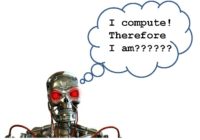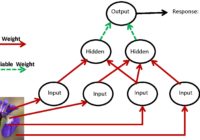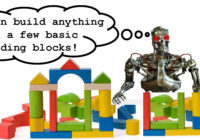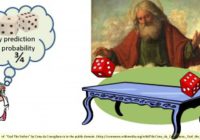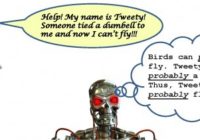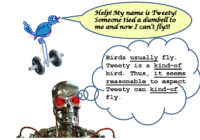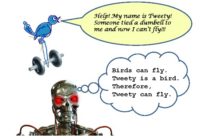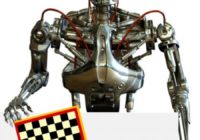LM101-019 (Rerun): How to Enhance Intelligence with a Robotic Body (Embodied Cognition)
Podcast: Play in new window | Download | Embed
Episode Summary: Embodied cognition emphasizes the design of complex artificially intelligent systems may be both vastly simplified and vastly enhanced if we view the robotic bodies of artificially intelligent systems as important contributors to intelligent behavior. Show Notes: Hello everyone! Welcome to the ninth podcast in the podcast series Learning Machines 101. In this series of podcasts my… Read More »


